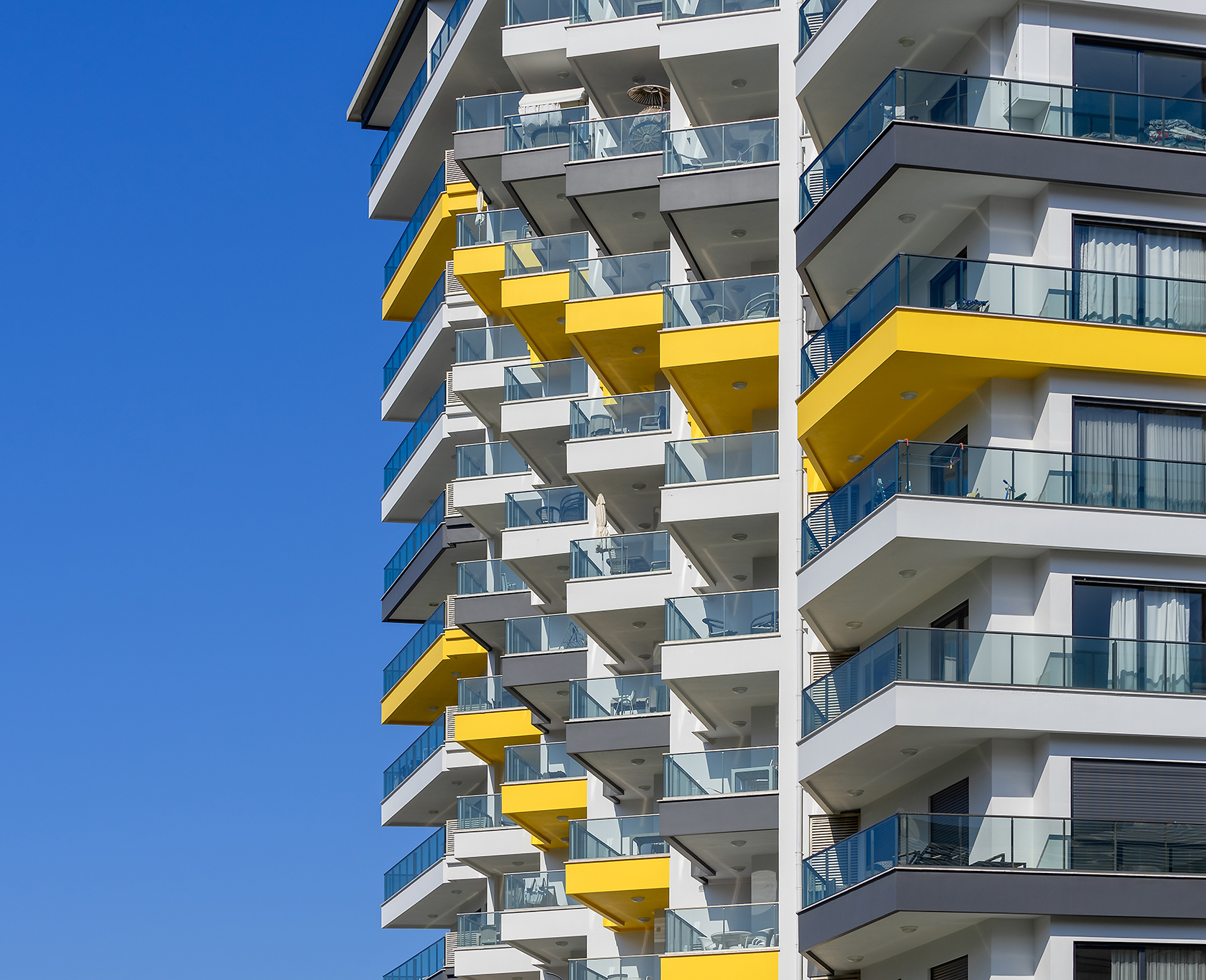What to Get out of Your HOA Condo Organization
What to Get out of Your HOA Condo Organization
Blog Article
The Function of an HOA in Establishing and Enforcing Community Standards for Locals
The role of a Homeowners Association (HOA) in implementing and developing area standards is fundamental to keeping a orderly and natural domestic setting - hoa condo. By formulating clear policies that regulate aspects such as building upkeep and area conduct, the HOA not only sets criteria for residents but additionally fosters a sense of belonging and liability. The implementation of these guidelines can provide different difficulties, elevating questions regarding fairness, communication, and neighborhood engagement. As we explore these complexities, it becomes apparent that the impact of an HOA extends far beyond plain guideline enforcement.
Comprehending House Owners Organizations
Homeowners organizations (HOAs) function as regulating bodies for domestic areas, playing an essential role in preserving residential property values and fostering a sense of community. Normally created by programmers, HOAs are composed of property owners within a marked location who choose a board to supervise the organization's tasks. The primary functions of an HOA include imposing area rules, managing typical locations, and organizing community events.
HOAs run under a collection of controling documents, consisting of conditions, commitments, and constraints (CC&R s), which outline the legal rights and duties of property owners. These policies intend to make sure that buildings are kept to a particular standard, therefore securing the aesthetic allure and general value of the area. In addition, HOAs typically accumulate dues from property owners to money upkeep, landscaping, and other social work.
The visibility of an HOA can dramatically affect the living experience within an area (hoa condo). While some locals appreciate the structured environment and amenities provided, others may locate particular regulations limiting. Stabilizing the passions of all house owners is essential for an HOA to operate efficiently, making certain that it serves its designated objective of boosting neighborhood living while respecting individual homeowner rights
Developing Neighborhood Guidelines

To begin, an HOA needs to perform studies or hold conferences that enable residents to voice their issues and ideas. This participatory procedure cultivates a sense of ownership and raises conformity. Next, the HOA board need to assess the comments to identify typical motifs and top priorities that require formal incorporation in the standards.
It is additionally important to make certain that the guidelines are clear, concise, and easily recognized. Ambiguities can result in conflicts and misconceptions, weakening the function of the standards. The standards ought to be thorough, covering various facets of area living, including home maintenance, noise degrees, and usage of usual locations.
Enforcement of Regulations
Reliable enforcement of area regulations is crucial for keeping order and ensuring that all locals abide by the developed standards. An HOA should implement a structured strategy to enforce these policies, which frequently involves a combination of surveillance, communication, and penalties for non-compliance.
First, routine evaluations and community patrols can help identify violations, ensuring that regulations are consistently used throughout the community. This positive surveillance permits the HOA to deal with issues before they escalate, fostering a sense of liability among locals.
Second, clear communication is necessary. Residents need to be notified of the regulations and the treatments for reporting violations. An open line of communication urges locals to voice problems and seek clarification on guidelines, which can improve conformity.

Lastly, when offenses take place, the HOA needs to impose effects as outlined in the governing files. By successfully enforcing rules, an HOA can cultivate a harmonious living atmosphere that reflects the collective worths of its residents.
Advantages of HOA Regulations
Various benefits emerge from the execution of HOA policies, which offer to enhance the lifestyle within a neighborhood. One main advantage is the maintenance of building worths. By applying requirements for aesthetic appeals and maintenance, HOAs guarantee that homes and usual locations continue to be appealing, cultivating a desirable living setting that can bring about enhanced property values over time.
Furthermore, HOA policies advertise uniformity and harmony within the neighborhood. This comprehensibility in style and upkeep assists to produce a sense of belonging amongst citizens, adding to community satisfaction and a favorable ambience. Developed standards assist in problem resolution among neighbors by providing clear expectations and methods for habits, thus minimizing conflicts.
Another significant benefit is the provision of shared features and solutions. Numerous HOAs manage neighborhood facilities such as swimming pools, clubhouses, and parks, which enhance leisure possibilities for residents. These services not just boost the lifestyle but also urge social communication.
Eventually, the laws stated by an HOA grow a well-organized, harmonious area, ensuring that citizens take pleasure in a high criterion of living while fostering an encouraging atmosphere for all home owners.
Typical Challenges Dealt With by HOAs
Among the advantages that property owners organizations (HOAs) can supply, they also come across a variety of obstacles that can hinder their efficiency. One significant concern is the lack of resident interaction. Many home owners might not take part in meetings or community activities, leading to a separate between the HOA board and residents. This disengagement can cause misunderstandings concerning neighborhood guidelines and an absence of support for enforcement initiatives.
Disputes can arise when residents really feel that enforcement is inconsistent or prejudiced, possibly leading to conflicts within the neighborhood. In addition, HOAs often deal with monetary constraints, which can restrict their capacity to keep typical locations find out this here or fund community projects.
Furthermore, browsing legal intricacies can be discouraging for HOAs. They must make sure compliance with state legislations while handling their very own governing papers, which can be a source of confusion. Altering demographics and progressing area needs need HOAs to adjust their guidelines, typically fulfilling resistance useful content from long-lasting homeowners that are accustomed to typical norms. Addressing these difficulties is important for cultivating a flourishing and harmonious area.
Verdict

By formulating clear rules that govern aspects such as home upkeep and area conduct, the HOA not just sets criteria for citizens yet also fosters a sense of belonging and liability.Homeowners organizations (HOAs) offer as controling bodies for residential communities, playing a critical function in preserving residential property values and fostering a feeling of community. Lots of home owners might not participate in meetings or area activities, leading to a my company separate in between the HOA board and citizens. Altering demographics and advancing area needs call for HOAs to adapt their standards, usually meeting resistance from long-lasting homeowners that are accustomed to standard norms. With the development of clear guidelines and constant enforcement, HOAs promote building maintenance, area satisfaction, and count on among locals.
Report this page